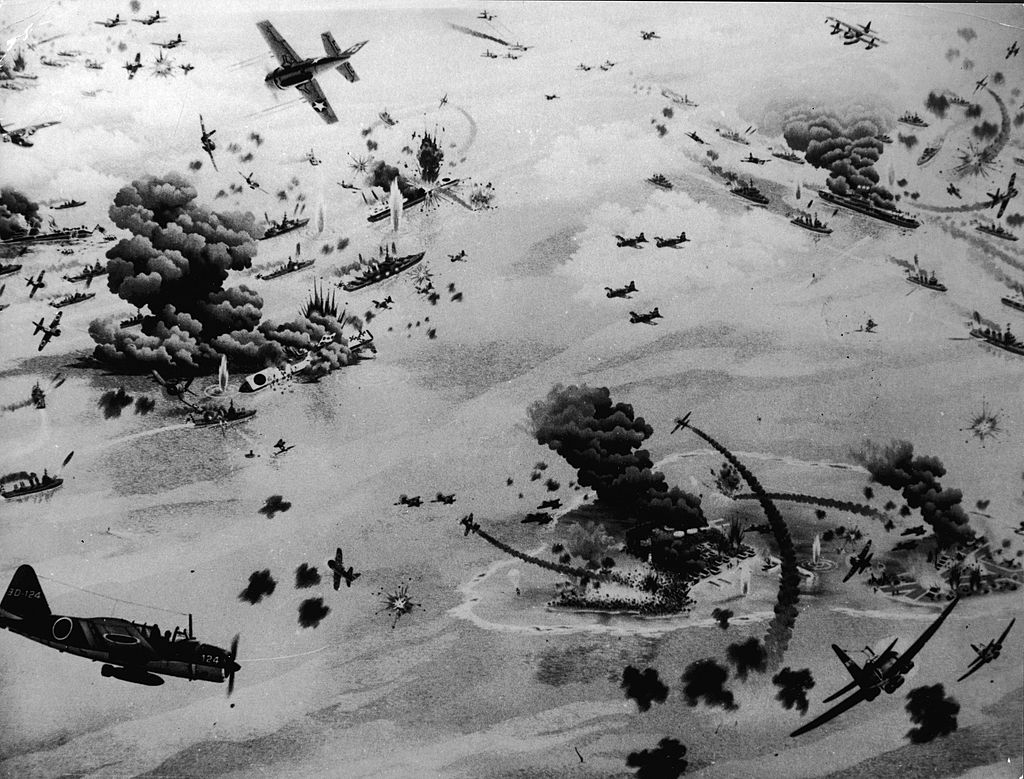
More than 75 years after V-E Day—the German surrender on May 8, 1945, that ended the physical fighting on the Western Front in World War II—myths and misconceptions about the war remain.
TIME asked the Senior Historian at the National World War II Museum, Rob Citino, which myths he has spent the most time debunking in his career as a professor of military history and author of 10 books.
“Historians owe it to the millions of people who participated in this event, and unfortunately, the millions of people who died in World War II, to delve as deeply as possible into why this all happened,” he says. “Often when you delve into the why, you bump into those myths of history. When you try to dig as deeply as possible, you’ll often peel back the layers that you did not even suspect were there.”
Here, Citino explains, in his own words, the five biggest myths he sees:
Myth: President Franklin D. Roosevelt knew about Pearl Harbor in advance

The big one and the one I get asked all the time and the one I’ve spent most of my career debunking is the notion that FDR knew about Pearl Harbor in advance and let it happen anyway, and is responsible for the death of nearly 2,500 American servicemen in cold blood. I label it the biggest myth of World War II. People are willing to entertain the craziest conspiracy theories. There are no documents that come anywhere close to saying that FDR knew about Pearl Harbor in advance.
More from TIME
From the beginning, there was a group of scholars you could call revisionists, who have this whole theory that FDR maneuvered us into war by the back door. John Toland’s 1982 book described a “Seaman Z” who picked a message about the attack on Pearl Harbor and passed it out to his superiors and it was never worked on. In answer to all that, I say, putting together an intelligence picture is not as easy as it sounds. You have a million messages in the air, and 999,000 of them are noise.
Myth: Erwin Rommel a.k.a. “the Desert Fox” was the greatest German general of all time
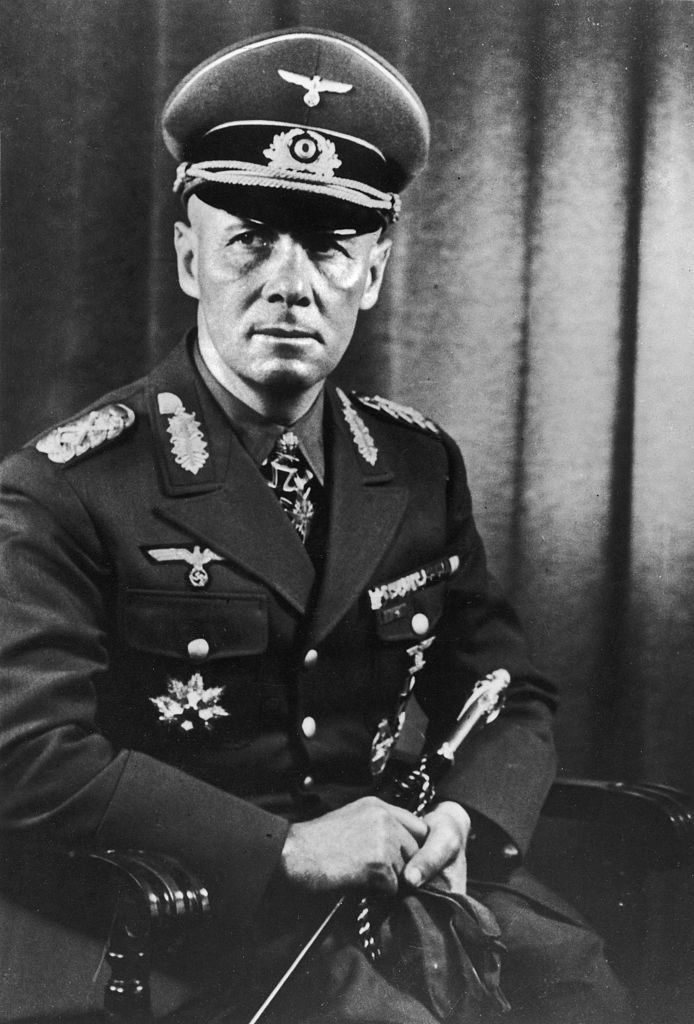
Not by a long shot.
Rommel was a mountain infantry man in World War I; he perfected the art of the rapid surprise attack—the troops suddenly appearing over a mountain ridge, taking their enemy by surprise—and he was awarded the equivalent of the American Medal of Honor by the German army. In the inter-war period, he taught tactics at the German war school. He caught Hitler’s attention one day, and Hitler completely sponsored his career, made him what he was. Eventually Rommel got to command a pretty big force in North Africa, the Afrika Korps, and this is where he becomes known as the Desert Fox based on surprise maneuvers, rapid attacks, nighttime marches that confound the enemy.
But he can never win anything lasting. He never, for example, gets to the Suez Canal. Why? Because he doesn’t care about logistics. He just thinks logistics and supply are someone else’s problem. Logistics is everything in the fight in the desert. Every bottle of water, every shell, every replacement tank tread had to be shipped from continental Europe across the Mediterranean to North Africa. It’s not like you just go to the store and pick one up. Logistics is the art of modern war. It’s not just running around the countryside. Rommel was good at running around the countryside, but he wasn’t particularly good at admin. His final act was to try to ward off D-Day, the invasion from the western allies on June 6, and he 100% failed to do that.
Get your history fix in one place: sign up for the weekly TIME History newsletter
Myth: Hitler was solely to blame for the German defeat in World War II
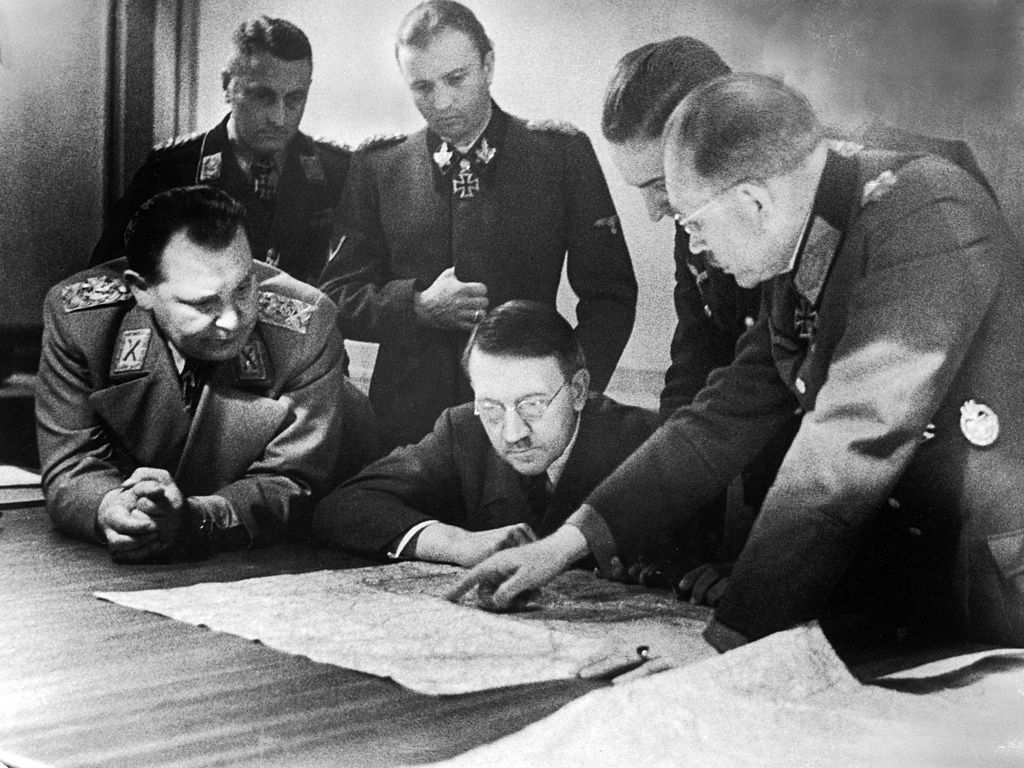
This notion is in 90% of the books written on the war in Europe, which is that every mistake, every wrong turn the Germans made, every stupid offensive they decided to launch, was Hitler’s idea. I’d love to blame Hitler for everything; he certainly started World War II, and he’s the author of the Holocaust, there’s no doubt about that. But he certainly wasn’t responsible for every bad decision that the German Army made and every rotten offensive it undertook and every wrong turn it made, because the generals were at Hitler’s side every step of the way. They liked him when he was a right-wing politician who promised to restore pride to Germany. They liked him when he came to power and started rearming the country because it meant the army got bigger, and suddenly there was room for the promotion of all these officers that are sort of stuck in the 1920s and 1930s.
When German generals wrote their memoirs after the war, they told this fable of “Hitler put us all in jeopardy.” But they’re conveniently forgetting the enthusiasm with which they carried out his plans, and they stayed loyal to the very end. The top German officers, the generals, bear a large share of the responsibility for unleashing the war, for fighting the war, and for keeping the war going long past any chance of victory.
Myth: Japan could have won World War II, if only the Japanese had bombed the oil depots at Pearl Harbor in addition to the ships
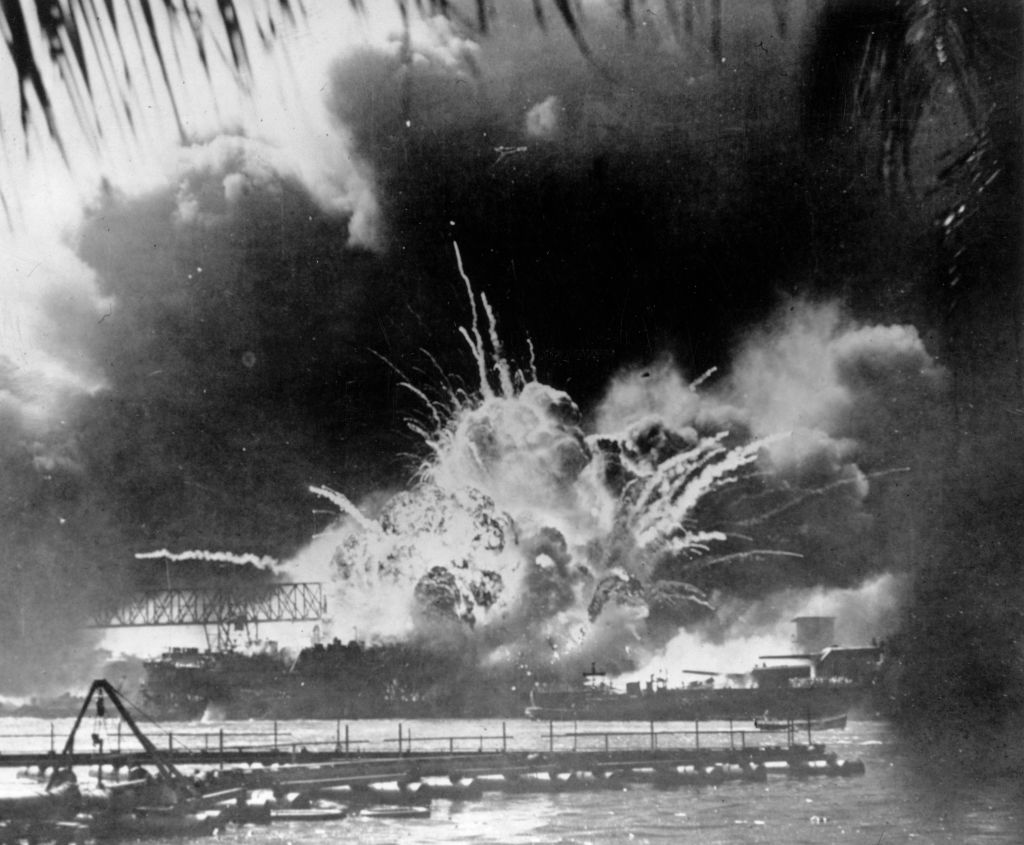
I hear this one all the time. Many analysts say that Japan should have hit the oil depot, the oil tanks, the port facilities, the repair hangers.
At most, I think that have might delayed U.S. victory a few months. Japan didn’t want to conquer America. I just don’t see the Japanese sailing to California and fighting their way ashore, certainly not fighting their way across the country to the other coast. What Japan wanted was a sort of limited war: destroy our fleet and build a big Pacific empire free of American interference while we were rebuilding our fleet. By the time we were ready for action, Japan’s defense perimeter would be so strong that the United States wouldn’t have the will to fight its way across the Pacific.
More from TIME
Sunday morning is a special time—at least it still was in America in the 1940s—and that surprise Japanese attack on a clear blue sky meant that Americans were ready to do just about anything, to make any sacrifice, to indeed, fight their way across the Pacific. There are bigger issues at play than whether Japan destroyed the fuel tanks, because we would have rebuilt those fuel tanks, and we would have come at Japan at some point.
Myth: There was a turning point in World War II
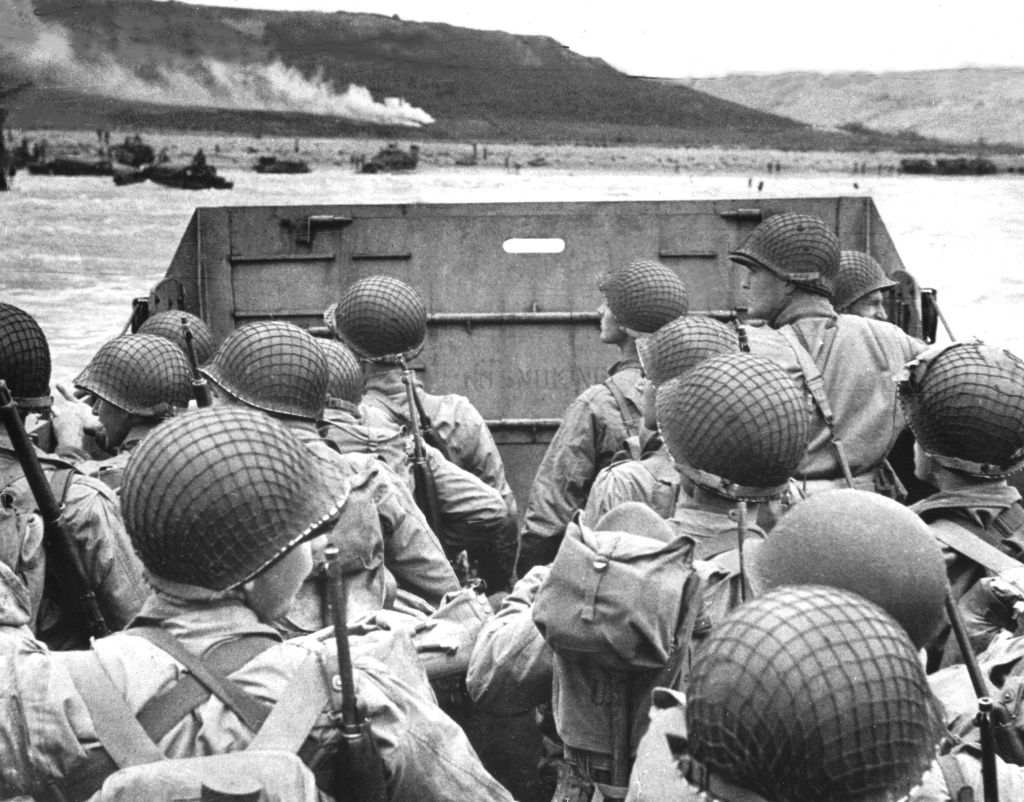
If you read histories of World War II, authors come up with dozens of turning points. In the Pacific, people say Midway in June of 1942, when U.S. forces sunk four Japanese aircraft carriers. A lot of people still say Stalingrad. The Germans were deep inside the Soviet Union when the Soviets launched a counter offensive in November of 1942 and cut the big German army off at Stalingrad and eventually had to surrender. Other people say July 1943, the Battle of Kursk. There are other people who say the real turning point of World War II is when the Western allies landed in Europe on June 6, 1944. Russians object to that kind of talk because they’d been fighting the Germans now for three full years.
So the point is, if there’s that many turning points to World War II, then I’m just not sure there are any. I think the term takes an extremely complex phenomenon like global war and boils it down to terms that are overly simplistic.
More Must-Reads from TIME
- Cybersecurity Experts Are Sounding the Alarm on DOGE
- Meet the 2025 Women of the Year
- The Harsh Truth About Disability Inclusion
- Why Do More Young Adults Have Cancer?
- Colman Domingo Leads With Radical Love
- How to Get Better at Doing Things Alone
- Michelle Zauner Stares Down the Darkness
Write to Olivia B. Waxman at olivia.waxman@time.com